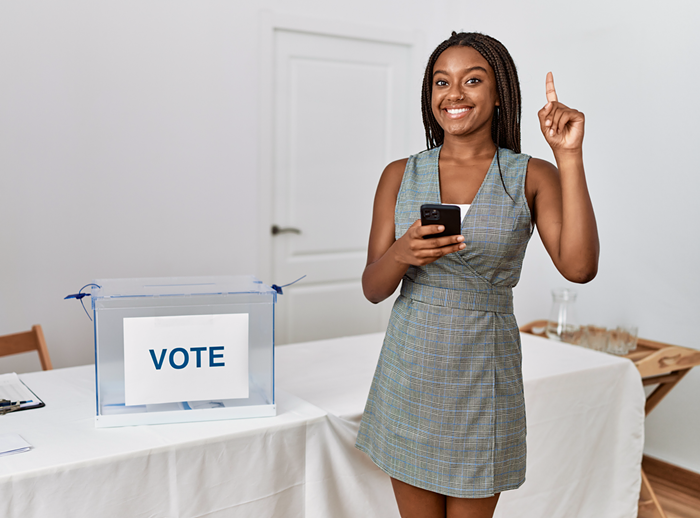A few months ago, I moved into a new house, smack-dab in the middle of the North Mississippi neighborhood. Unlike most of the city, North Portland remains an ethnically mixed area: My neighbors are twentysomething hipsters, a Latino family, an elderly black couple who've lived in the same house for 50 years, and a single mom with four black sons.
As soon as I moved in, I was visited by a few white neighbors and contacted by a loosely organized neighborhood watch group, who roundly explained that the house across the street—the one with four black teenagers—is a "problem house." They warned me that there was drug dealing. "They don't like white people," I was told directly. I was even told the reason the previous owner moved out of my home was that some of the black teens living nearby had tossed a brick through a picture glass window.
But six months later, I have found that these four alleged "gangbangers" are no more rowdy, annoying, or criminal than any white teenagers in Lake Oswego. After asking around a bit, I even found out that the brick tossed through the window was a complete accident, when some boys were, well, being dumb boys. In response, the boys' mom had even offered to pay for its repair.
The problem with prejudices is that they are difficult to quantify. City council certainly cannot regulate residents thoughts and opinions about race, but Mayor Tom Potter and the four commissioners do have a prime opportunity to send an important message that could help repair race relations in town.
Last week, local advocacy group Oregon Action sent a request that city council adopt policies for the police bureau aimed at eliminating racial profiling, including tracking traffic stops by officer. Those recommendations come on the heels of a report showing that Portland police are nearly four times as likely (in certain precincts) to pull over blacks than whites. City council needs to adopt these recommendations immediately. By not speaking up against alleged racism within the police force, city council only reinforces public opinion that there is a valid reason that cops pull over blacks more frequently than whites.
Over the past few months, I have watched as squad cars noticeably slow down when they approach groups of black teenage boys. To a casual onlooker it would be an easy assumption that these boys are dangerous or harbor some criminal intent. Why would the cops be treating them as such if they weren't—right?
For too long, racial profiling has been tolerated—or, at least, not addressed directly. The recent study in Portland is nothing new; it echoes findings from five years ago. This time around, though, city council should do something about it.


















